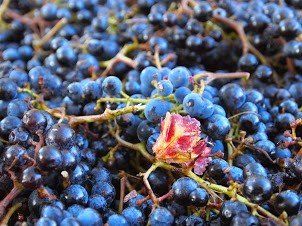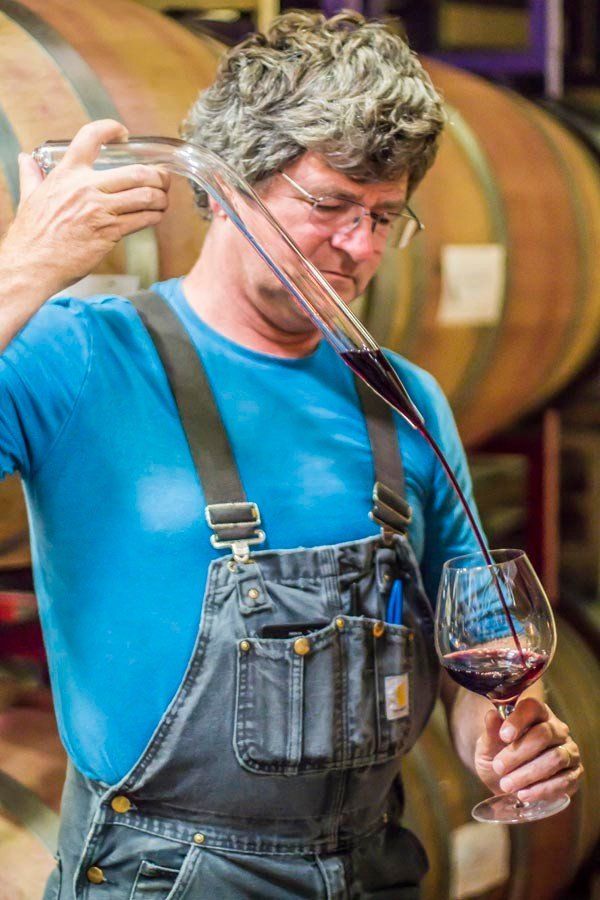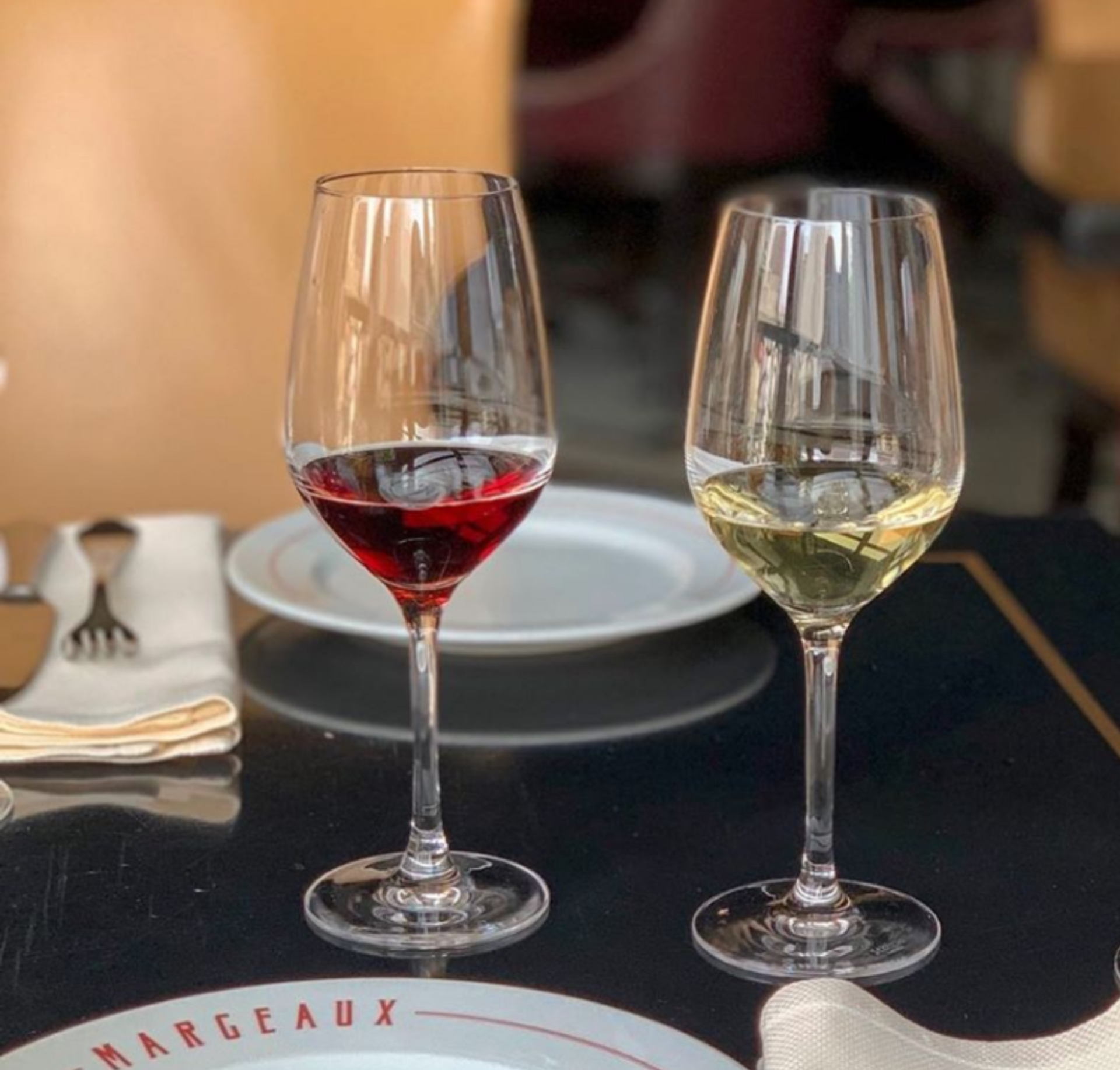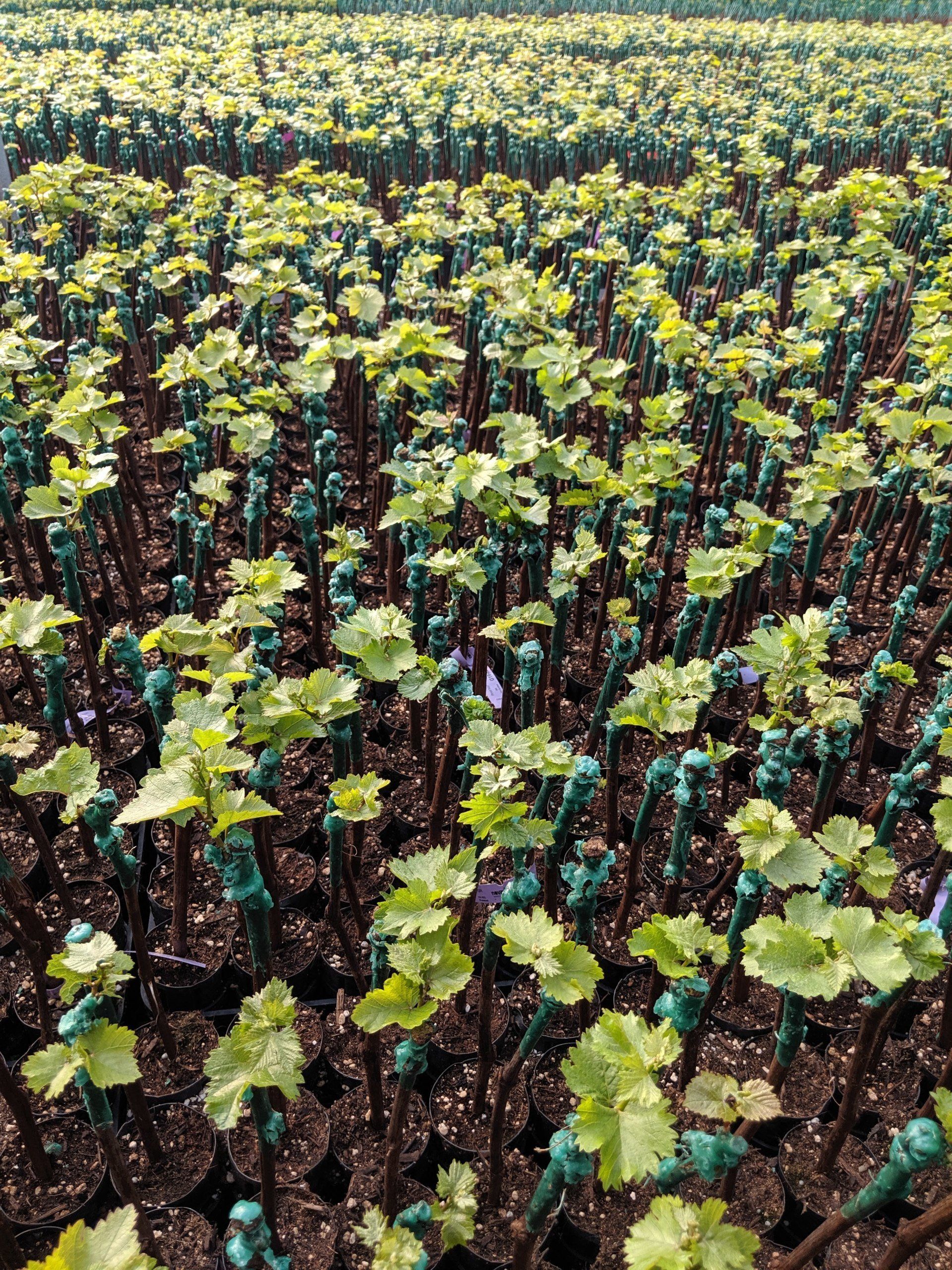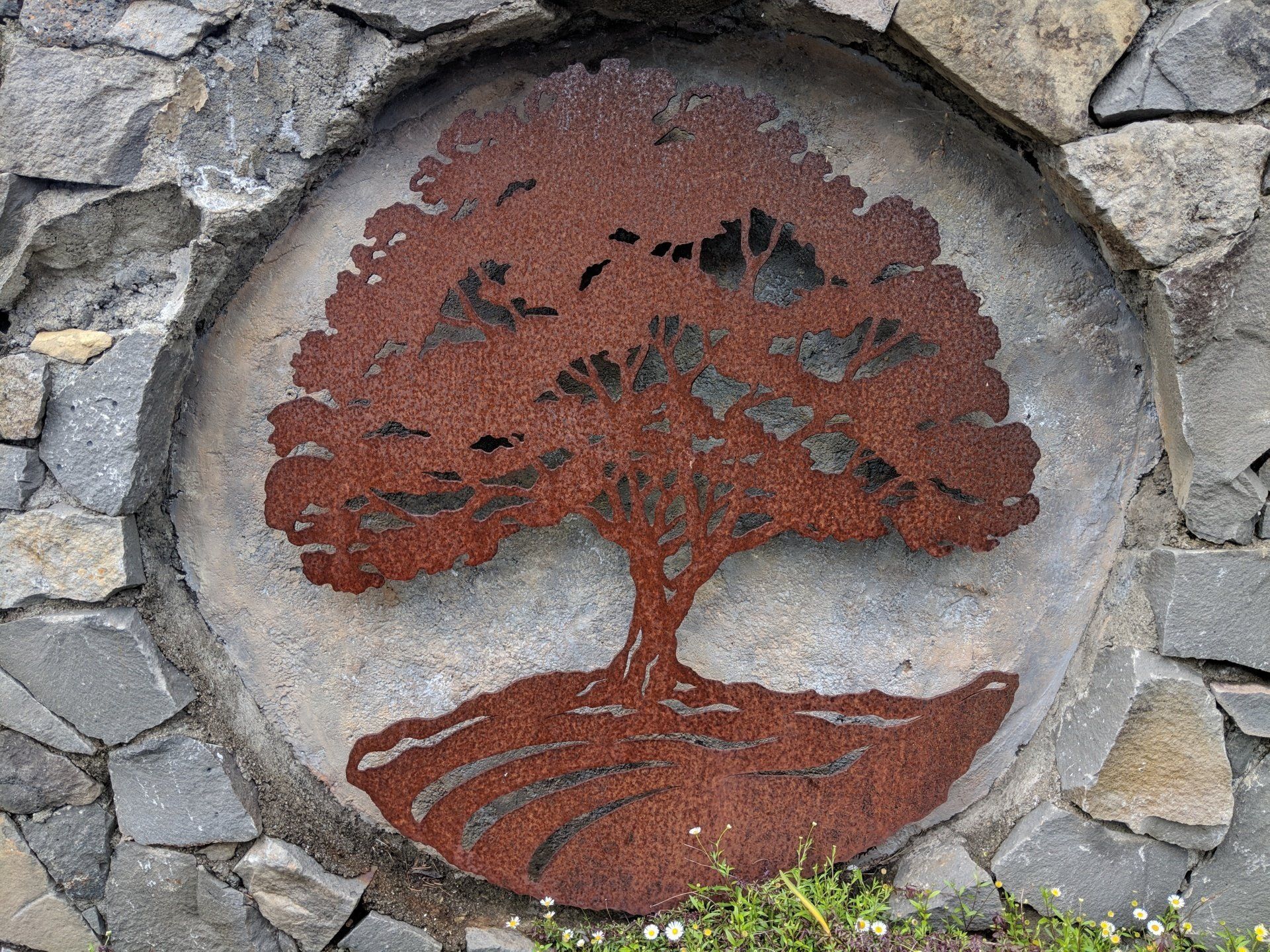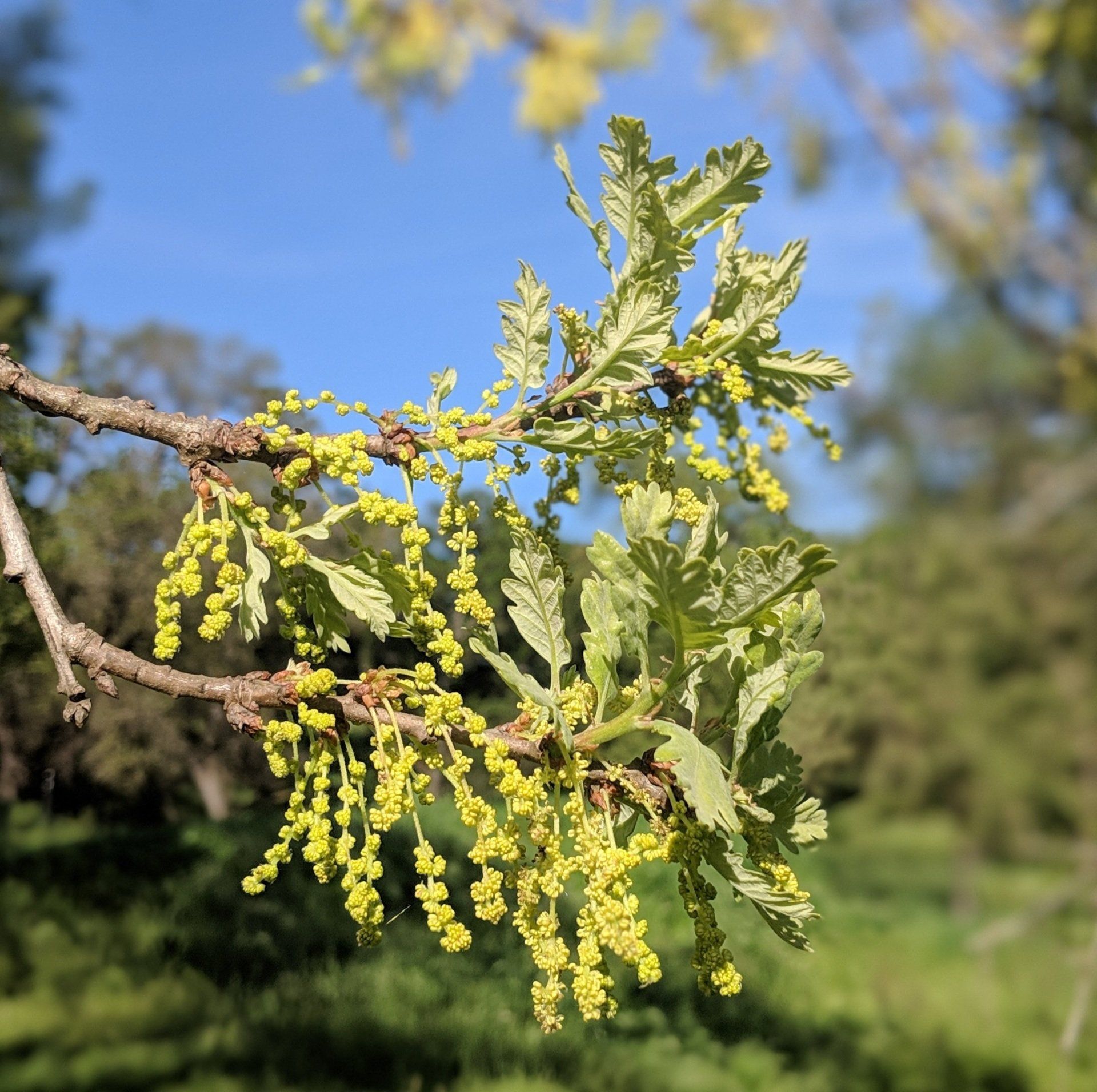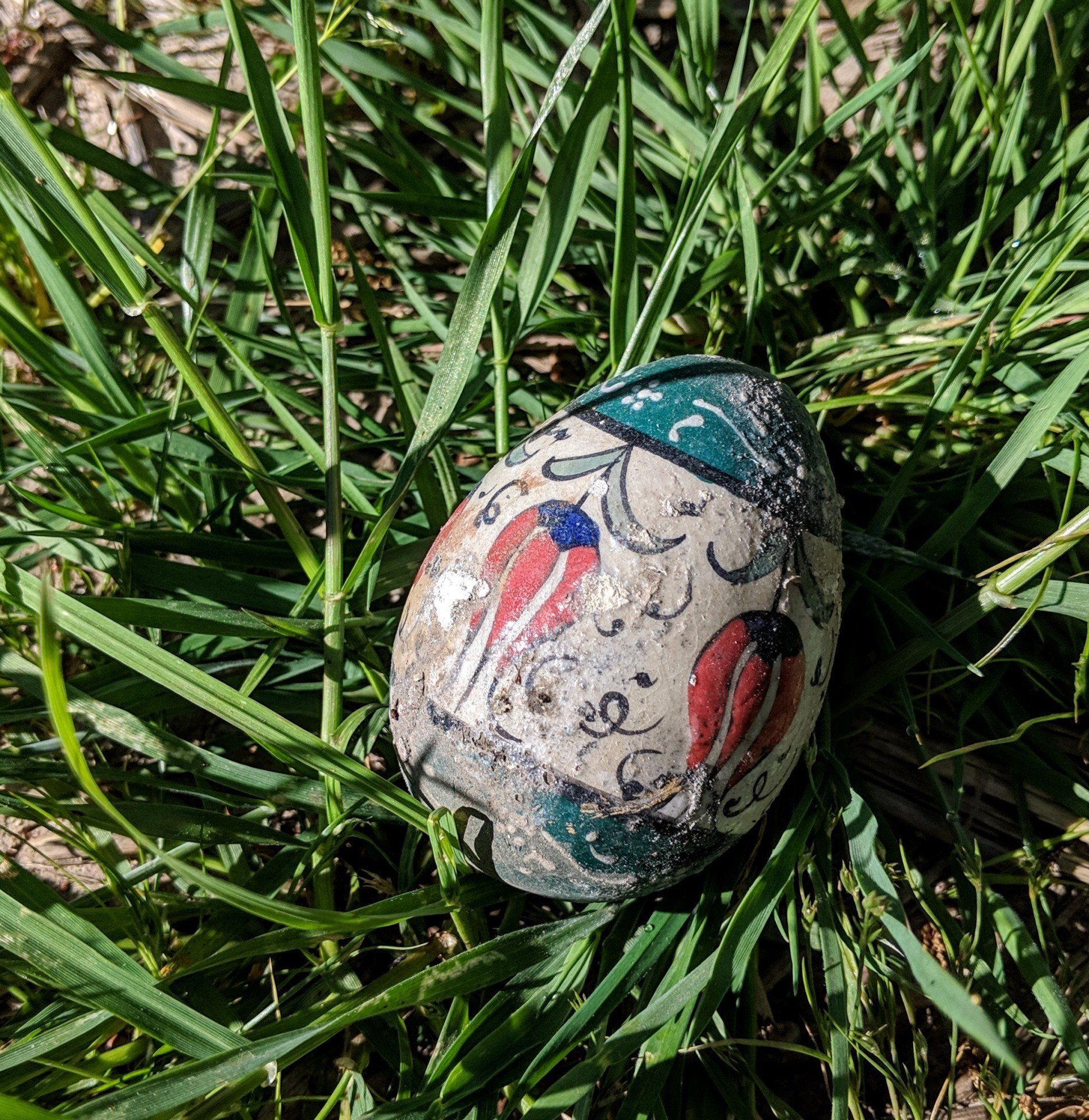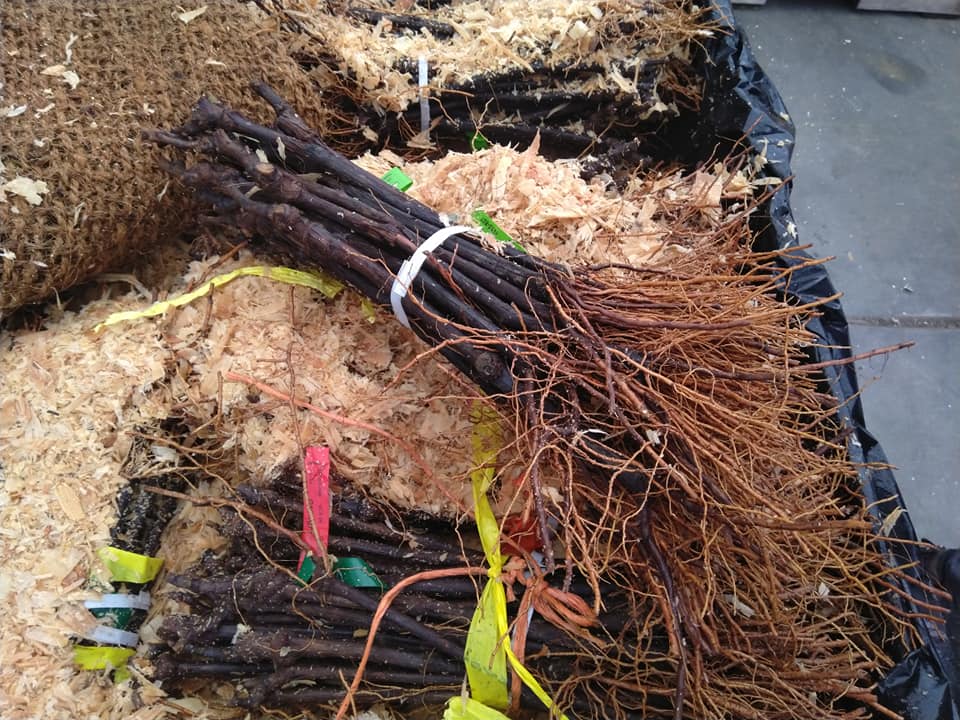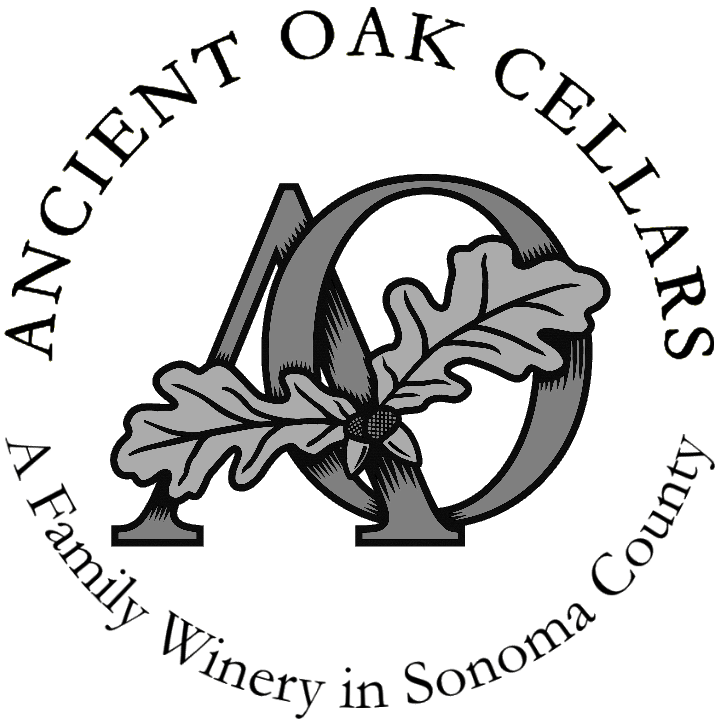Bees in the Vineyard, Pasture, and Garden
- By mjms47
- •
- 10 Apr, 2014
- •
Bees -and their importance to our world – are in the news a lot these days. So I was stopped short a few days ago, while walking through the the Oakland Airport, to see this sign indicating that there are 1600 (!!!) species of bees in California! Seriously, how many would you have guessed? […]
Bees -and their importance to our world – are in the news a lot these days. So I was stopped short a few days ago, while walking through the the Oakland Airport, to see this sign indicating that there are 1600 (!!!) species of bees in California! Seriously, how many would you have guessed? 50? 100? 300? Those sound like plausible numbers to me. But 1600? I never would have guessed.

Now as most people know, California produces a LOT of the produce grown in the United States (in fact, a staggering percentage, as it turns out: 99 percent
of artichokes, 99 percent
of walnuts, 97 percent
of kiwis, 97 percent
of plums, 95 percent
of celery, 95 percent
of garlic, 89 percent
of cauliflower, 71 percent
of spinach, 69 percent
of carrots, and the list goes on … according to Slate
). And a good number of California’s fruit and nut and vegetable production is dependent on bees for pollination. So bee health is intimately tied to the health of the farms that grow these crops.
However, what many people don’t know is that grapes are not on this list. Grapes do not need bees, or birds, or any insects for pollination. Grapes are “self-pollinated,” or “wind-pollinated.” So, among the countless concerns that we as grape growers have, apparently the health of the bee population is not among them Whew! Well, this is not the approach we take at Ancient Oak Cellars. We work to preserve and protect and enhance the environment as a whole, not just the environment that directly affects our vines. One large component of this is that we do not disc, or till, the soil between the vinerows. Instead, we leave a year-round cover crop – a mix of grasses and wildflowers. This provides habitat for all sorts of creatures – including bees. We also leave a fairly high percentage of the properties not planted to vines, but left as creekside, or woodlands, or pasture – some great bee habitats.
So even though I would have vastly underestimated the number of species of bees in California before my recent trip through the Oakland airport, I can rest assured that they have some good, healthy habitat in the vineyards of Ancient Oak Cellars. Below I’ve included some photos of the vinerows in, and pastures nearby, some of Ancient Oak Cellars’ vineyards. For some information on plants you can include in your home garden that are especially bee-friendly, check out this publication from the excellent organization Xerces.


Ancient Oak Cellars, and Jon McDaniel with Second City Soil, gathered 60+ of the top sommeliers from around the country to taste four wines that Ancient Oak had sent to each -- and to enter into a discussion of the wines, farming and winemaking philosophies, and a wide-range of other related topics. We had a blast!
Re-live your experience, or take it in for the first time. Then be in touch to continue the discussions. Cheers!

